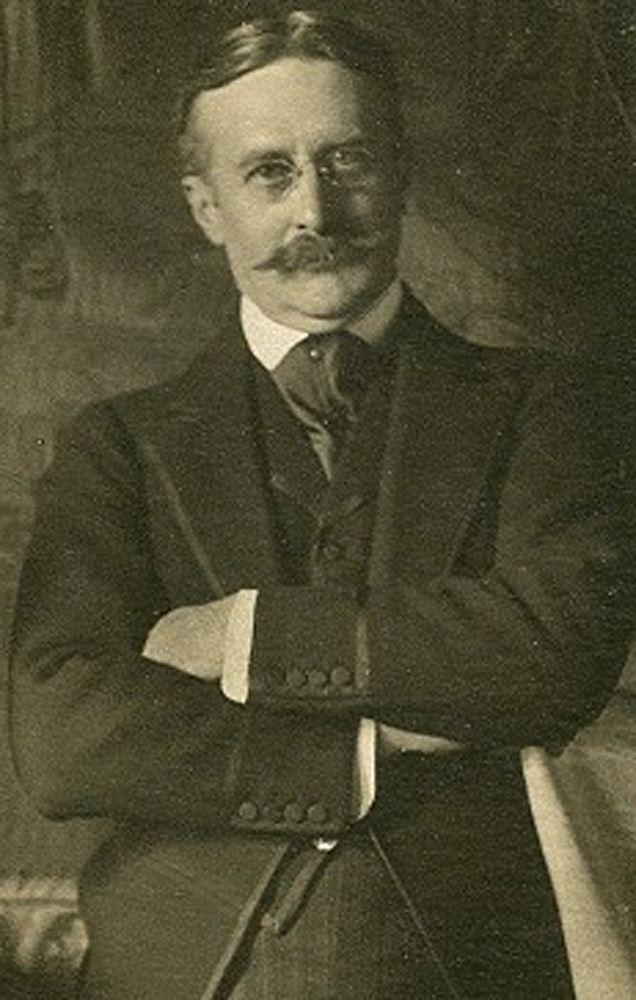The Romance of Commerce (1918), A Representative Business of the Twentieth Century
Harry Gordon Selfridge: Frases en inglés
The Romance of Commerce (1918), A Representative Business of the Twentieth Century
The Romance of Commerce (1918), A Representative Business of the Twentieth Century
The Romance of Commerce (1918), A Representative Business of the Twentieth Century
The Romance of Commerce (1918), A Representative Business of the Twentieth Century
The Romance of Commerce (1918), A Representative Business of the Twentieth Century
The Romance of Commerce (1918), A Representative Business of the Twentieth Century
The Romance of Commerce (1918), A Representative Business of the Twentieth Century
The Romance of Commerce (1918), A Representative Business of the Twentieth Century
The Romance of Commerce (1918), A Representative Business of the Twentieth Century
The Romance of Commerce (1918), A Representative Business of the Twentieth Century
The Romance of Commerce (1918), A Representative Business of the Twentieth Century
The Romance of Commerce (1918), A Representative Business of the Twentieth Century
The Romance of Commerce (1918), A Representative Business of the Twentieth Century
The Romance of Commerce (1918), A Representative Business of the Twentieth Century
The Romance of Commerce (1918), A Representative Business of the Twentieth Century
The Romance of Commerce (1918), A Representative Business of the Twentieth Century
The Romance of Commerce (1918), Concerning Commerce
The Romance of Commerce (1918), Concerning Commerce
The Romance of Commerce (1918), Concerning Commerce
The Romance of Commerce (1918), Concerning Commerce
The Romance of Commerce (1918), Concerning Commerce
